Diversity/Inclusion Conference: strategic advice given to attendees
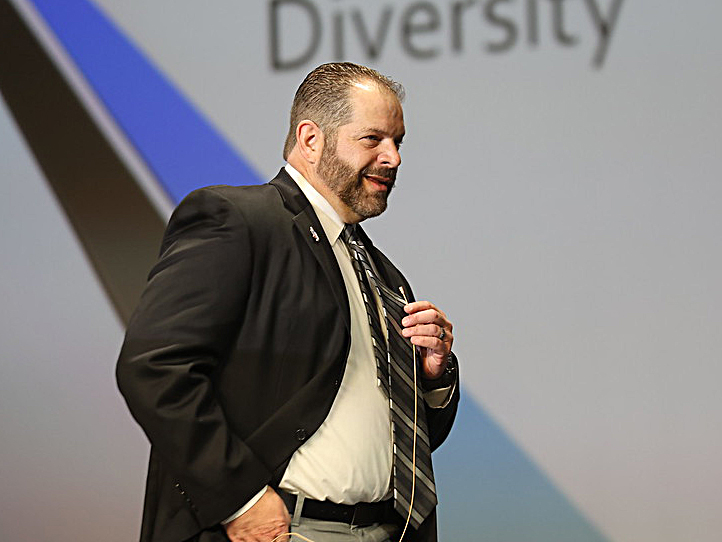
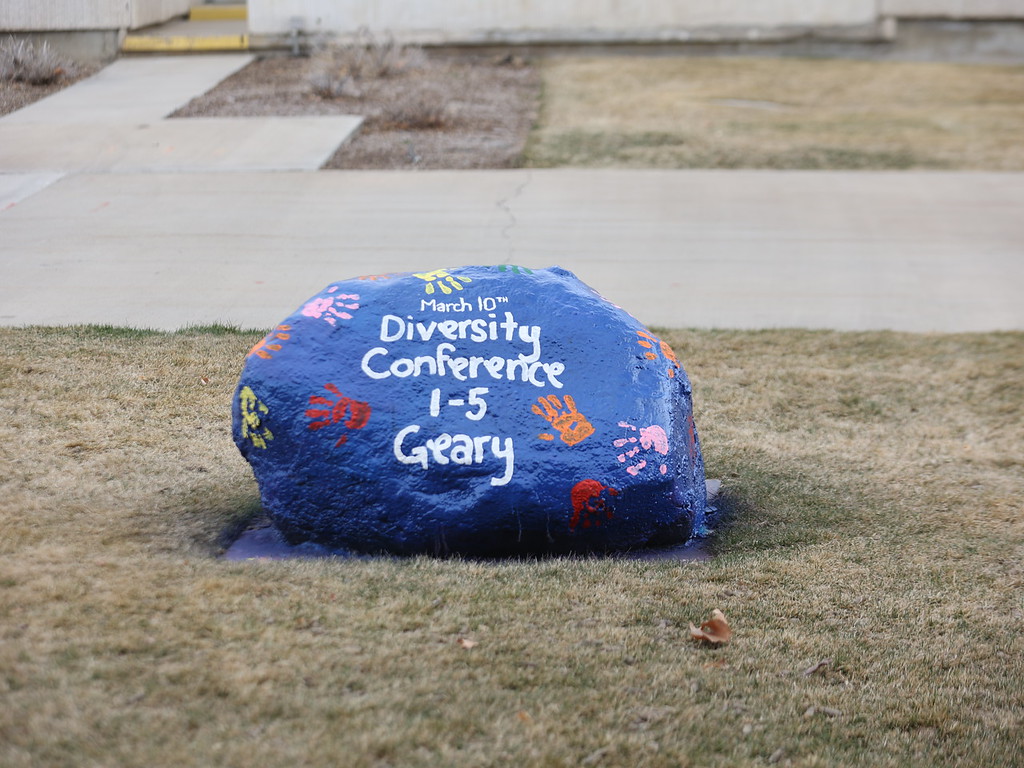
Diversity/Inclusion Week 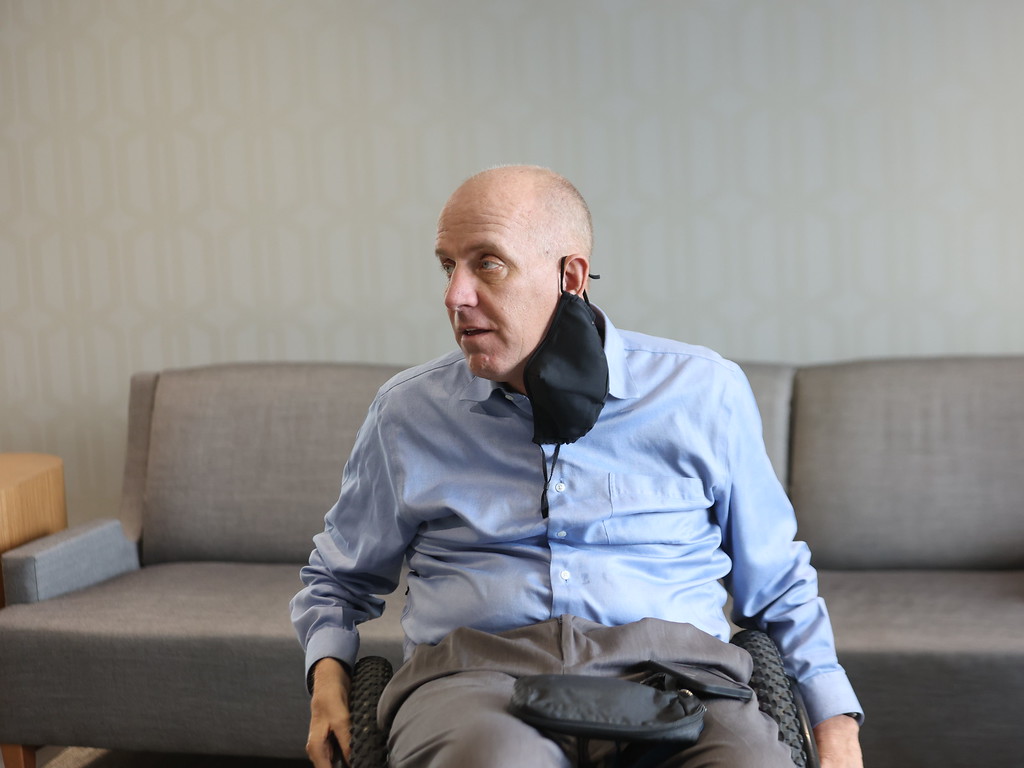
Chad Hymas 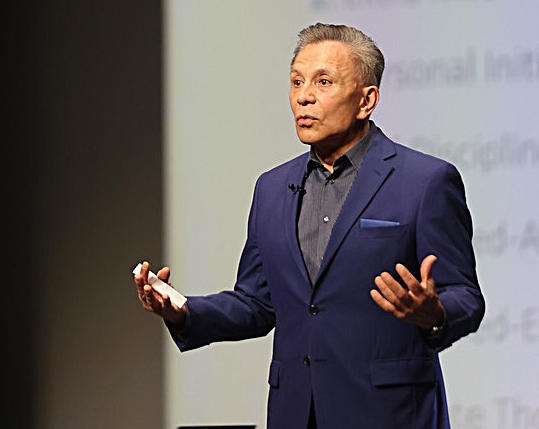
David R. Ibarra 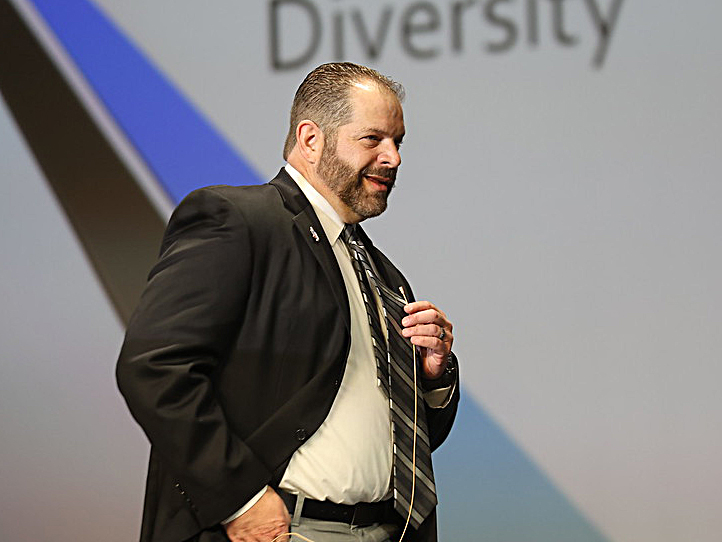
Dr. Heath Earl
In the wake of social unrest and the end of COVID-19 safety precautions, most people want to facilitate change in creating a better society. With this philosophy in mind, Utah State University Eastern hosted its annual Diversity and Inclusion Conference March 10, by bringing in speakers Chad Hymas, David R. Ibarra and Dr. Heath Earl to offer inspiration in ways individuals can make a positive impact for social change. Those who attended the conference in person at the Geary Events Center were given signed copies of both Hymas’ and Ibarra’s books.
Chad Hymas
When he was 27, father and business owner, Hymas was in an accident that left him quadriplegic. The lessons he learned while re-learning to live his life changed him. He travels around the world to share his story in hopes of inspiring his audiences.
He pointed out the challenges COVID-19 created for everyone. He said it offers the lesson that, “we shouldn’t wait to lose something before appreciating it. This is a time to reflect on how much we appreciate socializing.”
He reflected on the lessons his father taught him about treating others with love and respect. “Diversity is understanding that there is more to a person than what we see on the outside,” he said.
It is important to begin with yourself when cultivating an inclusive attitude. “Be respectful to yourself. Don’t belittle yourself. You can’t hold others in high esteem if you don’t hold yourself in high esteem,” he said. “You can’t take care of others if you don’t take care of yourself. That’s hypocrisy.”
Hymas stressed how important it is to help when possible. He recalled how he couldn’t accomplish everything he’s accomplished without the help of others. His friends and neighbors saved his life by helping him after his accident. He relies on the generosity of those around him to be able to travel around and speak to others about his experiences.
David R. Ibarra
Ibarra’s father immigrated to Utah from Oaxaca, Mexico. His parents divorced when he was young and he and his brother were raised in foster care. Learning to achieve success through his unique experiences, Ibarra serves as a performance coach, motivational speaker and writer.
As a performance coach, Ibarra advises clients to appreciate the talents of others and see these talents as adding value to everyone’s lives, especially those with unique perspectives.
He talked about how important it is for everyone to learn to control their frame of mind. Being able to flip from negative thinking to positive thinking is a skill that will propel everyone to accomplish their dreams. To do this, it’s important to know exactly what the goal is. The second thing to do is think of three things that bring happiness. This will enable a person to leave the space of negative thoughts.
Ibarra stressed the importance of choosing a career that inspires joy. “It will make your life more meaningful,” he said.
His recipe for success starts by simply writing a goal down. “Nothing happens until we make a goal and set it to action,” he said. To reinforce this goal, it should be said out loud to maintain focus.
It’s important to create a support system of “people who know what you don’t,” he said. “This specialized talent team makes it possible for you to acquire and/or utilize the skills and talents of others to achieve your purpose.”
Maintaining harmony in close relationships allows people to serve their purpose, as well as the people they serve.
In ending his talk, Ibarra stressed the importance of giving back. He funds scholarships for Latinx youth to attend higher education. He also serves others with his time by volunteering as a mentor. Ibarra is grateful for the success he has experienced in his life and grateful it has allowed him to give back.
Dr. Heath Earl
Dr. Earl is an associate professor of psychology at Utah State University Eastern. Additionally, he has a private neuropsychological practice off-campus.
In his talk, Earl explained how human brains are designed to categorize information quickly. This unconscious process results in biases about others being formed.
When he began teaching at Southern Utah University, he was assigned to teach a class on ethnicity. He said he felt completely unqualified to teach this topic since he is a white, Christian male in a culture that is predominantly white, Christian males. He learned about a teaching style knows as the “Jigsaw Classroom.” In this teaching technique, the classroom is divided into small groups that stress the importance of cooperation. Each member researches a different part of the curriculum and becomes an “expert.”
Each group member is in charge of teaching their group mates about their expertise. In this way, everyone relies on each other to learn the curriculum. Each member of the group is equally valued and equally important.
In “Jigsaw Classrooms,” it shows everyone learns more, is more engaged and has a better understanding of the content when compared with students taught in a traditional lecture class.
Earl experienced great success employing this teaching method in his ethnicity class. He relied on his students’ experiences to help one another understand ethnicity.
He also discussed how limited exposure to diverse perspectives leads to greater discrimination. Extended exposure is what is needed to combat discrimination and tendencies towards biases.
The human brain’s natural psychology is to categorize information automatically. This process is automatic and rapid. Understanding this aspect of psychology makes it possible to work with it. “Education and awareness combat this process. We must read, volunteer, try new things. Above all, we must not engage in anti-social behavior,” he said.
The entire conference can be viewed at eastern.usu.edu/live/index. Earl’s list of ways to combat individual biases can be seen at the 3:17:01 mark.




